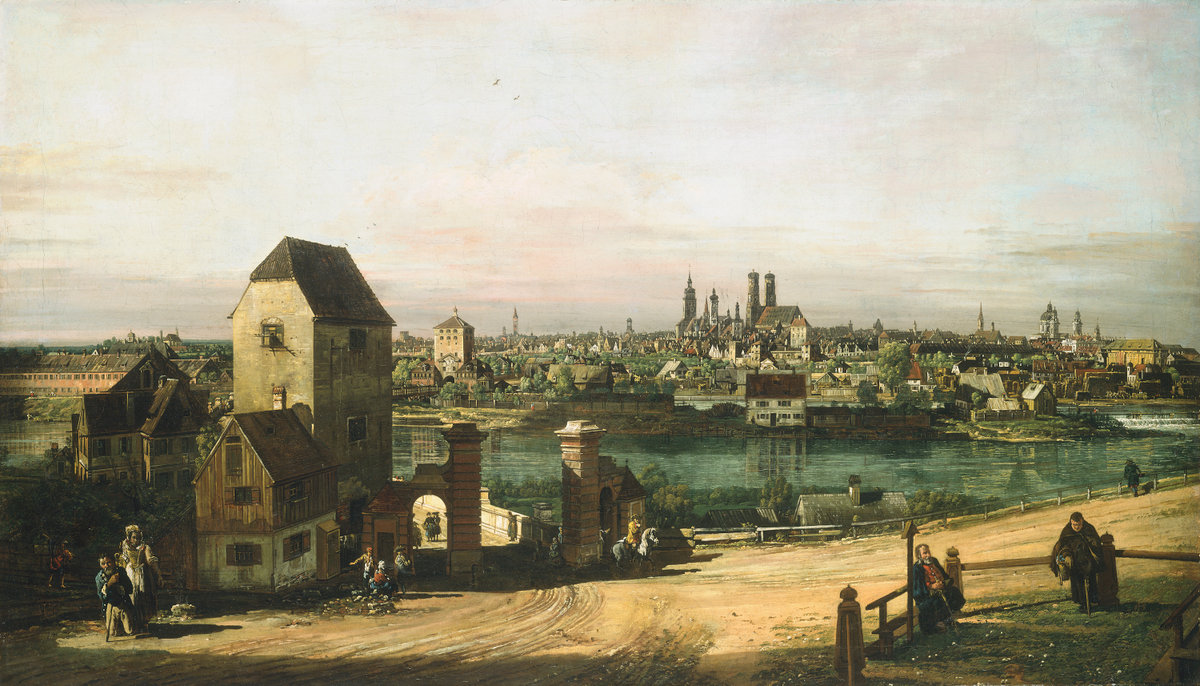In the years ahead, demographic trends will ensure the African continent plays an increasingly pivotal role on the global stage. More than half of the world’s population increase between now and 2050 will take place in Africa, meaning that 25% of the global population will be African. While some contend the population growth and increase in urbanization could spur economic growth and development, these changes also present significant new challenges. Take, for example, the case of Atlanta – a growing city in the American South where poor infrastructure has created a “particularly pervasive and isolating form of poverty.” African development will need to avoid such pitfalls if it hopes to leverage the opportunities presented in the coming decades.
After two tremendously challenging years, the Republic of Guinea can celebrate with this week’s declaration by the World Health Organization that Guinea is officially Ebola-free. This means that of the three countries most affected during the outbreak – Guinea, Sierra Leone, and Liberia – each are now free of the virus. While this is certainly cause for celebration, the impact from the crisis is not over. Tens of thousands of people were infected, economic losses have been staggering, and the education system suffered serious setbacks. And while high-profile health threats such as Ebola garner the majority of global attention, overlooked diseases such as mycetoma highlight the continuing need for improved healthcare infrastructure and access.
While the European migrant crisis dominates headlines, immigration trends in other parts of the world sit poised for greater attention in 2016. Migration from Central America to the United States continues to present a challenge for the Obama administration; as El Salvador threatens to take up the unfortunate title of world homicide leader, officials fear that the migrant issue will not fade any time soon. This week’s Costa Rican arrest of 51 undocumented migrants from around the world demonstrates how complex and transnational the issue has become. In Cuba, changes in the country’s relationship with the United States have created an interesting mix of increased immigration and emigration.
In the Horn of Africa, recent weeks have witnessed increasingly violent repression of protesters in both Djibouti and Ethiopia. Across the Red Sea in Yemen, the Saudi-led coalition’s ceasefire has officially ended, once again leaving the conflict with no end in sight. Meanwhile, the humanitarian situation worsens by the day. The Houthi siege of Taiz has created a living nightmare while the Saudi coalition’s continued assault on the country has resulted in innumerable war crimes. However, low oil prices and an increasingly unwinnable war are leaving their toll as the tenuous coalition shows a number of potential fault lines.







2 comments